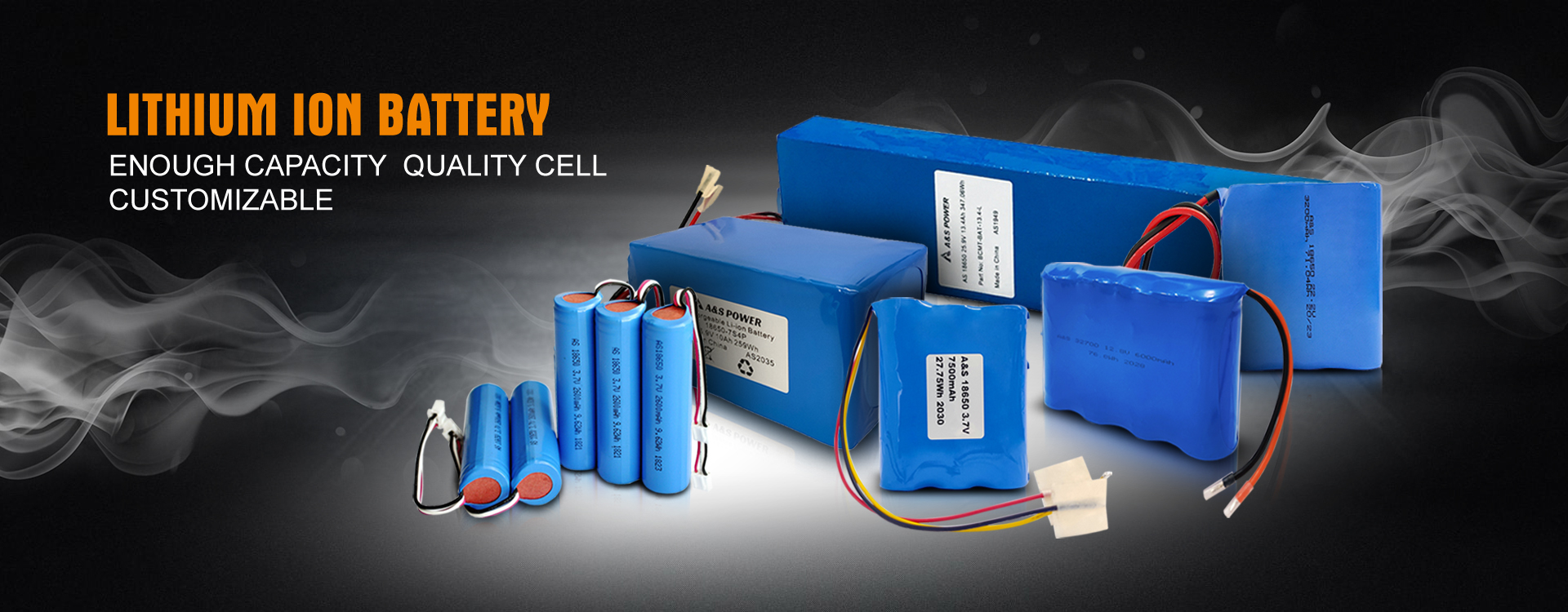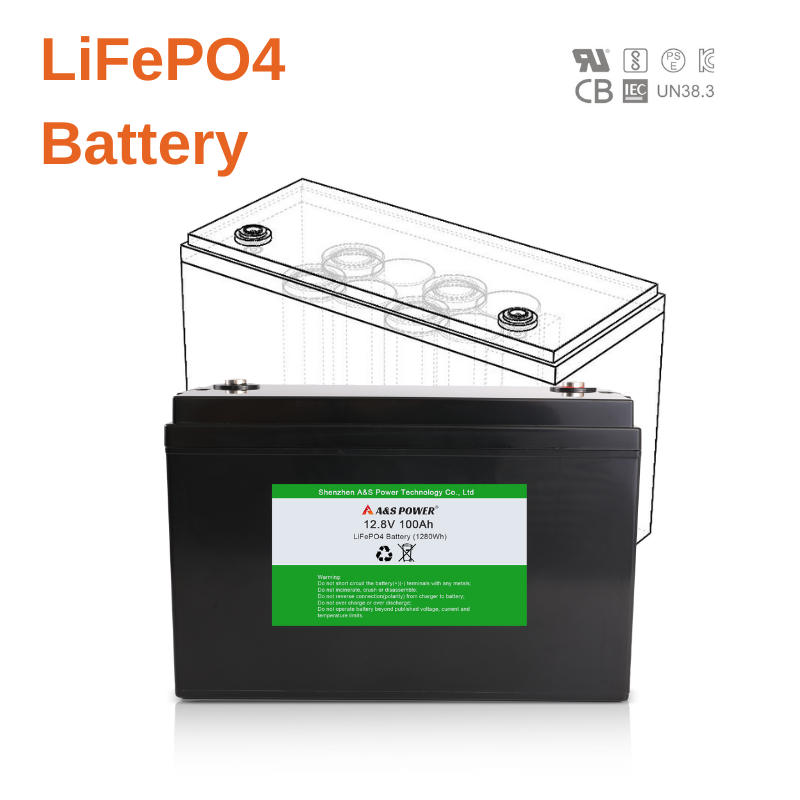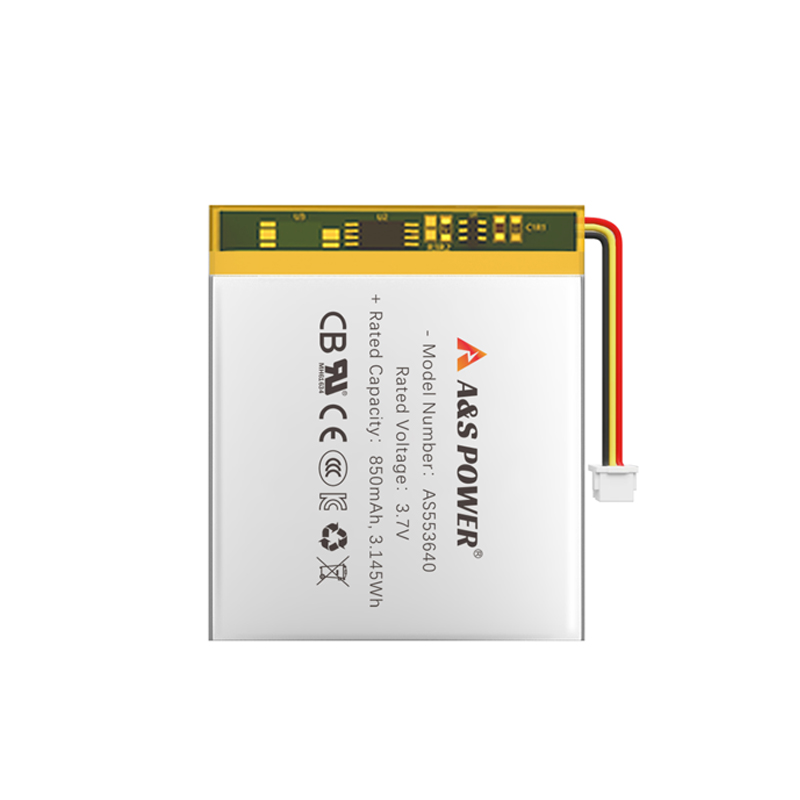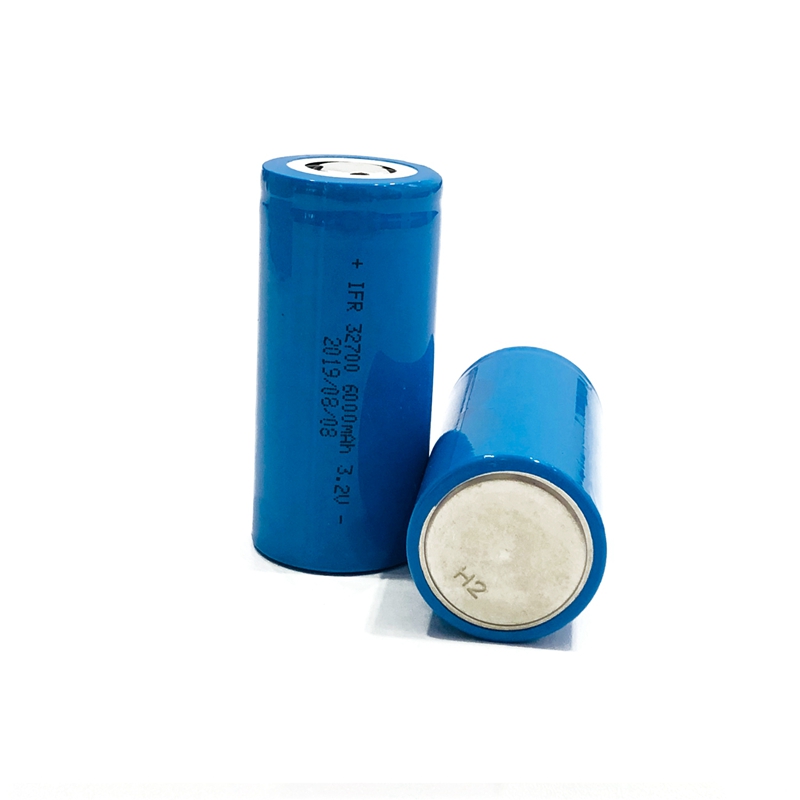Battery
Application
Hot product
Contact us
Lithium battery technology continues to advance, and a new lithium battery is coming!
2021-07-15
Lithium battery technology continues to advance, and a new lithium battery is coming!
With the continuous advancement of lithium battery technology, various new batteries emerge in endlessly, such as ternary lithium ion batteries, lithium cobalt oxide batteries such as pools, and lithium iron phosphate batteries. No, a brand new lithium battery is here!
In April of this year, a companya in California announced that it has developed a new lithium battery, which is a radioactive battery that does not lose graphene batteries.
In mid-May, it was reported that Harvard University also produced a brand new lithium battery.
It is understood that this lithium battery from Harvard University uses a sandwich-like structure and is a lithium metal solid-state battery.
In addition, the solid-state battery has a high degree of flexibility after being light and thin. The data shows that it can withstand hundreds to thousands of bending, while ensuring that the performance is basically not attenuated, and it is safer than liquid batteries.
However, the undesirable chemical volatility of lithium metal solid-state batteries makes it difficult to develop. It is this difficulty that Harvard University has overcome.
It is reported that this lithium metal solid-state battery developed by Harvard is very stable and can achieve more than 100 million charge and discharge cycles under high energy density settings.
With the continuous advancement of lithium battery technology, various new batteries emerge in endlessly, such as ternary lithium ion batteries, lithium cobalt oxide batteries such as pools, and lithium iron phosphate batteries. No, a brand new lithium battery is here!
In April of this year, a companya in California announced that it has developed a new lithium battery, which is a radioactive battery that does not lose graphene batteries.
In mid-May, it was reported that Harvard University also produced a brand new lithium battery.
It is understood that this lithium battery from Harvard University uses a sandwich-like structure and is a lithium metal solid-state battery.
Compared with lithium-ion batteries, solid-state batteries can greatly increase the energy density, and are smaller and thinner than liquid lithium batteries.

In addition, the solid-state battery has a high degree of flexibility after being light and thin. The data shows that it can withstand hundreds to thousands of bending, while ensuring that the performance is basically not attenuated, and it is safer than liquid batteries.
However, the undesirable chemical volatility of lithium metal solid-state batteries makes it difficult to develop. It is this difficulty that Harvard University has overcome.
It is reported that this lithium metal solid-state battery developed by Harvard is very stable and can achieve more than 100 million charge and discharge cycles under high energy density settings.
This means that if this battery is used in an electric vehicle, it should be possible to maintain it for 10 to 15 years without replacement. Moreover, it can be fully charged in basically ten minutes!











